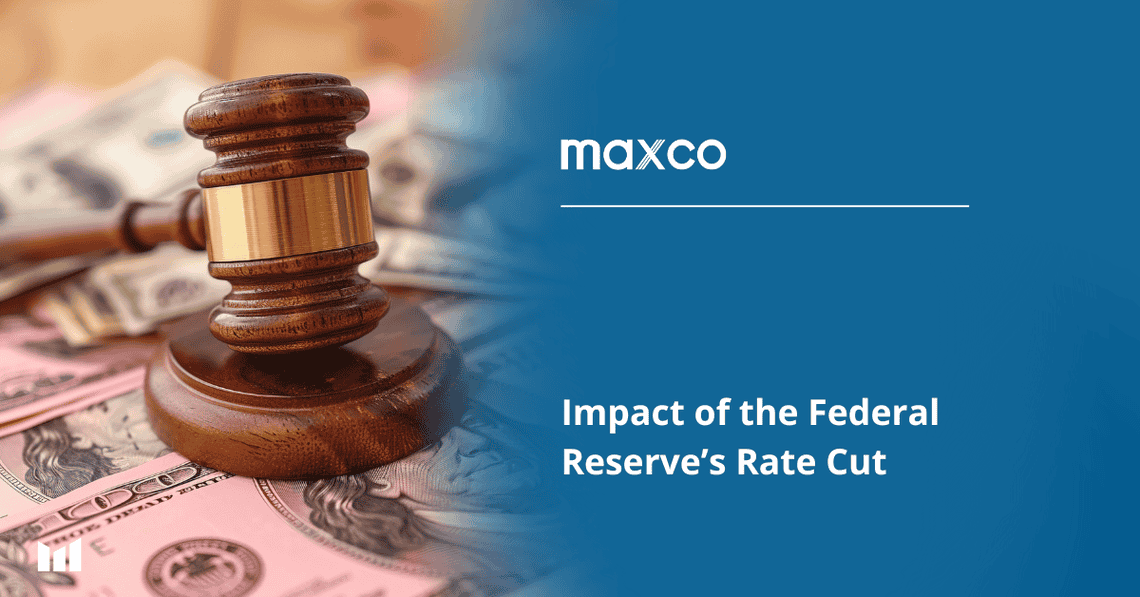Sectors and Indexes Investors Should Watch
The Federal Reserve (The Fed) has officially cut its benchmark interest rate. This policy has a direct impact on financial markets, particularly U.S. equities and major indexes such as the S&P 500, Nasdaq, and Dow Jones.
In general, a rate cut means lower borrowing costs, increased liquidity, and weaker yields on government bonds. These conditions encourage investors to shift toward equities as a more attractive investment alternative. However, the market’s direction ahead will largely depend on perception: is the rate cut seen as stimulus to sustain growth, or as a warning that the economy is weakening?
Impact on Major Indexes
- S&P 500
As the index representing the 500 largest U.S. companies, the S&P 500 typically gains support from the consumer, real estate, and technology sectors. - Nasdaq
Known for being the most sensitive to monetary policy, this index is heavily influenced by growth-oriented technology stocks, which are particularly affected by interest rates. - Dow Jones Industrial Average
As a blue-chip index, the Dow tends to be more stable. Multinational companies within the Dow also benefit from a weaker dollar.
Relevant Sectors
| Sector | Impact of Rate Cut | Example Stocks (Ticker) |
|---|---|---|
| Technology & Growth | More attractive valuations; long-term earnings projections become stronger (AI, cloud, semiconductors, EV). | AAPL (Apple), MSFT (Microsoft), NVDA (Nvidia), TSLA (Tesla), AMZN (Amazon) |
| Consumer Discretionary | Higher consumer purchasing power; retail, automotive, and leisure sectors get a boost. | AMZN (Amazon), HD (Home Depot), NKE (Nike), MCD (McDonald’s) |
| Financials | Net interest margins may come under pressure; however, loan volume tends to increase. | JPM (JPMorgan Chase), BAC (Bank of America), GS (Goldman Sachs), C (Citigroup) |
Key Takeaways
Although rate cuts are generally positive for equities, investors must remain cautious. If the market interprets The Fed’s move as a reaction to serious economic weakness, initial optimism may quickly shift into volatility. Upcoming data on employment, consumer spending, and inflation will be crucial in assessing the market’s trajectory.
Conclusion: Stay Alert
The Fed’s policy shift opens significant opportunities, but sector selection and index monitoring will be critical.
Investors should:
- Closely watch the movements of major indexes (S&P 500, Nasdaq, and Dow Jones).
- Track technology, consumer, real estate, and utilities stocks that may drive momentum.
- Keep the listed tickers on a core watchlist.
- Prepare medium-term strategies to handle potential increases in volatility.
With a selective approach, the Fed’s rate cut could serve as a valuable momentum to strengthen portfolios and seize opportunities across key sectors.
— Ade Yunus WPA, Global Market Strategies


